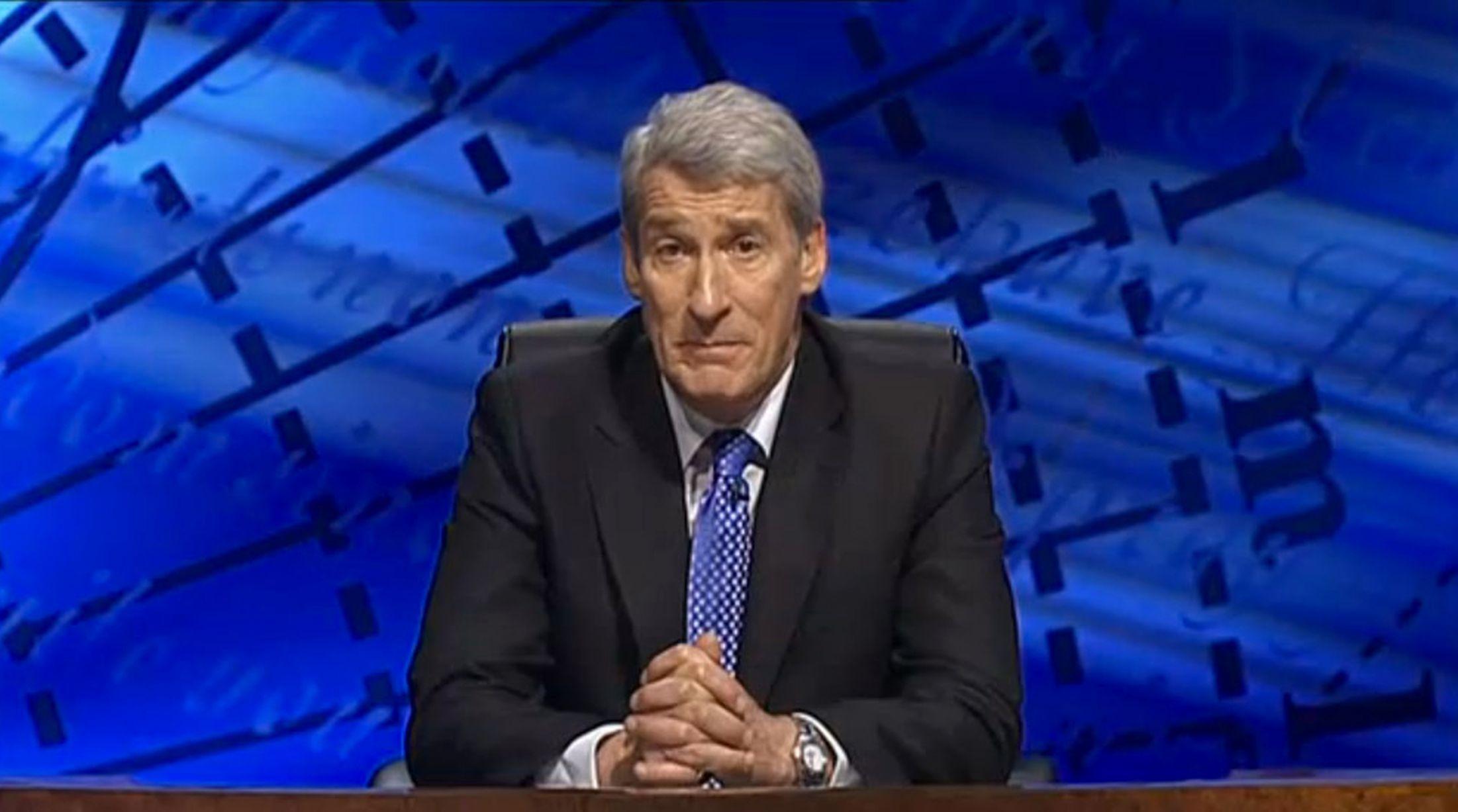University Challenge to introduce 'gender neutral' questions to encourage more female contestants
'We try to ensure that when hearing a question, we don’t have any sense of whether it was written by a man or a woman'

Your support helps us to tell the story
From reproductive rights to climate change to Big Tech, The Independent is on the ground when the story is developing. Whether it's investigating the financials of Elon Musk's pro-Trump PAC or producing our latest documentary, 'The A Word', which shines a light on the American women fighting for reproductive rights, we know how important it is to parse out the facts from the messaging.
At such a critical moment in US history, we need reporters on the ground. Your donation allows us to keep sending journalists to speak to both sides of the story.
The Independent is trusted by Americans across the entire political spectrum. And unlike many other quality news outlets, we choose not to lock Americans out of our reporting and analysis with paywalls. We believe quality journalism should be available to everyone, paid for by those who can afford it.
Your support makes all the difference.The producers of University Challenge are looking to introduce “gender neutral” questions to the series.
Executive producer Peter Gwyn has said that the questions told on the British quiz show – which has previously come under fire for featuring questions that reflect the achievements of men more than women – will strive for gender balance.
“There are numerous balances we try to achieve in the questions we cast for each match,” he told Radio Times, “between the arts and sciences, or between contemporary and historical themes, and we recognise gender balance is of great importance.”
Gwyn suggests that the gender of a question’s writer should not be reflected in the question itself.
“Perhaps ‘gender-neutrality’ is what we aim for,” he said. “We try to ensure that when hearing a question, we don’t have any sense of whether it was written by a man or a woman, just as questions should never sound as if they are directed more at men than women.”
Gwyn continued: “We believe very strongly that the more representative, inclusive and diverse we can make the programme, the better and more interesting it will be.”
The comments come amid criticism levied at the series for featuring a disproportionate number of male contestants compared to female.
Although the decision on who makes up a university’s team lies on the university, Gwyn hopes that these measures will encourage more women to take part in the series.
However, former contestant Hannah Rose Woods, who captained the 2015 to 2016 winning team Peterhouse Cambridge, has spoken about the many worries women have about appearing on the series.
“I worried about how taking part in the programme might impact my career,” she said, “when Google searches started returning hundreds of articles about my appearance, and random marriage proposals I’d received from strangers, instead of my academic research.”
Bobby Seagull, a former captain for the Emmanuel Cambridge team who was involved in the college’s selection process, said between 70 and 90 per cent of those who applied to compete were men.
“Part of this may be due to the negative historic and recent experience of women contestants on social media,” he said, adding that they need to “call out those people on social media who think it’s appropriate to objectify contestants”.
Join our commenting forum
Join thought-provoking conversations, follow other Independent readers and see their replies
Comments